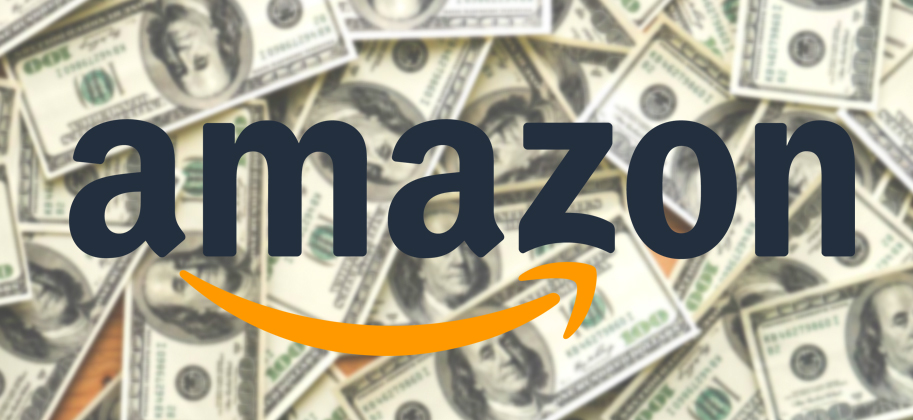Last Updated on July 30, 2021

As the world moves further from the realm of physical media to a purely digital landscape, there's a lingering question of who actually owns what. For example, when you purchase content on Amazon Prime Video, you would imagine that that content is now yours since you shelled out your hard-earned dollars for it, but Amazon is arguing that you don't actually own it at all.
Amazon is in the midst of a lawsuit filed by Amanda Caudel earlier this year that calls the company out for unfair competition and false advertising. Caudel claims that Amazon "secretly reserves the right" to end access to content that subscribers have purchased through Prime Video. In response, Amazon said that subscribers who believe that they're purchasing a digital copy of content for all-time are actually paying for a limited license for "on-demand viewing over an indefinite period of time" and that this information is included in Amazon's terms of use. In a motion filed to dismiss Caudel's complaint, attorney David Biderman wrote:
The most relevant agreement here — the Prime Video Terms of Use — is presented to consumers every time they buy digital content on Amazon Prime Video. These Terms of Use expressly state that purchasers obtain only a limited license to view video content and that purchased content may become unavailable due to provider license restriction or other reasons… An individual does not need to read an agreement in order to be bound by it. A merchant term of service agreement in an online consumer transaction is valid and enforceable when the consumer had reasonable notice of the terms of service.
Furthermore, the motion also notes that all of the Prime Video content purchased by Amanda Caudel remains available. At the end of the day, the content you pay for on Amazon Prime Video will likely remain yours, but in the world of digital media licenses, there's always a chance that a third party will revoke or modify Amazon's license, which then affects you. It seems to be a fact of the digital landscape, but there's definitely a sting when you pay full-price for something that you know could be taken away. What's the lesson here? Well, always read the fine print and hang on to your physical media.




















Follow the JOBLO MOVIE NETWORK
Follow us on YOUTUBE
Follow ARROW IN THE HEAD
Follow AITH on YOUTUBE